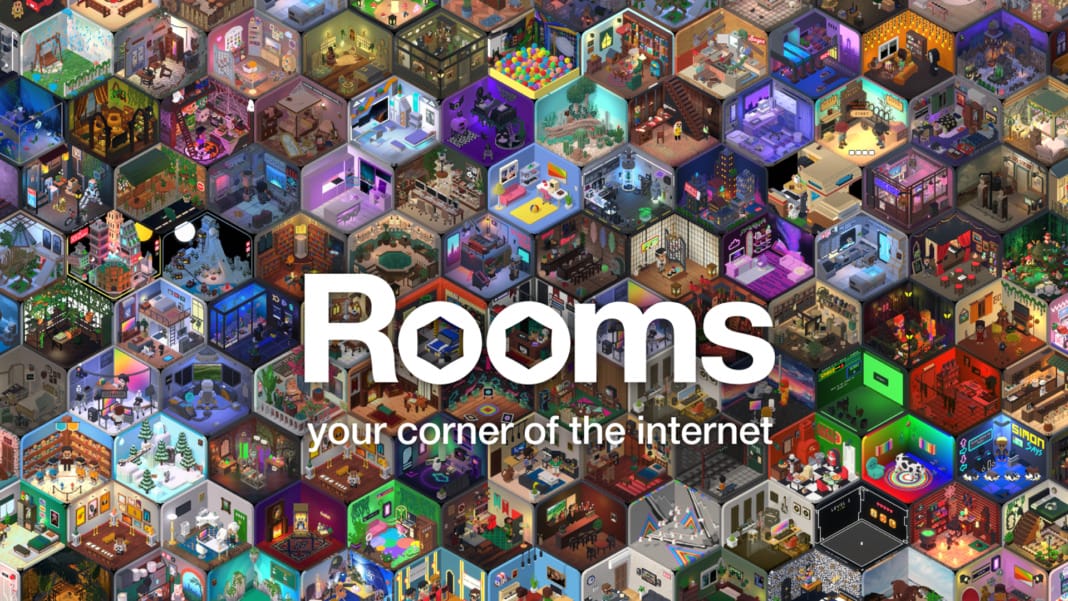Rooms, an innovative 3D space designing tool and cosy game, has recently arrived on the App Store. This versatile app, which has garnered US$10 million in seed funding led by a16z, offers users a unique way to create and explore 3D spaces. Users can fill these spaces, or “rooms,” with various items such as furniture, décor, pets, and avatars. These rooms can also be transformed into mini-games, adding a playful element to the design process.
Relaxation and education combined
Rooms are not just about creating aesthetically pleasing spaces. It is a digital platform for relaxation and education. Described as the “digital equivalent of LEGO” by the company, Rooms also serves an educational purpose. Initially launched on the web, the app was inspired by Jason Toff, a former member of Google’s AR/VR division. Toff, alongside co-founders Bruno Oliveira and Nick Kruge, aimed to blend open-ended play with a means of self-expression.
Coding meets interior decorating
A standout feature of Rooms is its integration of coding into design. Users can access and customise the code of the items in their rooms using Lua, a programming language also used in Roblox. This feature has introduced coding concepts to younger users and has been adopted by schools as an educational tool. Beyond coding, many users enjoy simply decorating their rooms for relaxation.
Community engagement and design flexibility
The iOS version of Rooms introduces a TikTok-style feed, allowing users to explore and interact with the community’s creations. The app offers vast design possibilities, with over 6,000 items in its catalogue. Users can remix others’ rooms, adding their personal touch while crediting the original creator.
Advanced customisation and future plans
In Rooms, customisation is key. Users can alter every aspect of an item, from its size and colour to its pattern and behaviour. An OpenAI-powered tool allows for even more creativity, generating unique images for display. While the app is optimised for iPad, it also works on iPhone, with the latter being more suitable for browsing than creation.
Since its beta launch, Rooms has attracted over 40,000 users, creating more than 50,000 rooms. The company is exploring using AI in design but is proceeding cautiously due to mixed community feedback.
Embracing user feedback for future development
The Rooms team views the iOS app as a beta version and plans to evolve the app based on user feedback. Their goal is to learn alongside their users, improving the app to meet their needs.





